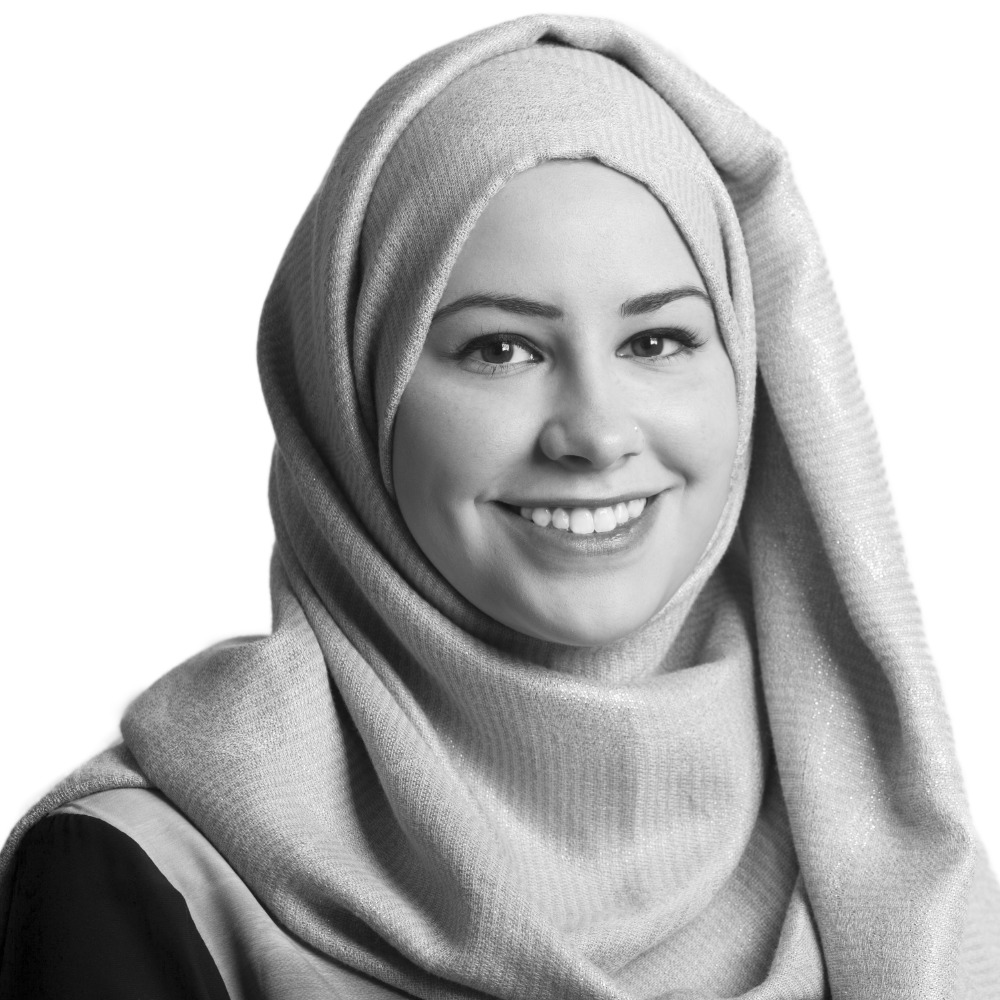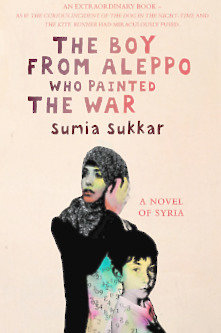
Sumia Sukkar

The Boy from Aleppo Who Painted the War is about autism and a loving Muslim family struggling in the current Syrian Civil War. It is also about the power of art to transform lives. It is told mainly from the perspective of Adam, a young man with Asperger Syndrome whose regular paintings reflect the war.
You have a BA in Creative Writing from Kingston University, so how many of your experiences have been drawn from this for your book?
I learnt a great deal in my Creative Writing course and owe to it my sense of discipline. Writing is re-writing, that’s one of the main things that really helped my work.
To what extent do you think that writers should undergo some sort of formal training to write a book?
Writing as a gift is innate I believe; you have to have a passion for it. Even though that’s how it first started for me, formal training helped tremendously in that my writing matured through writing experiments and feedback. I would do it all over again because I see a vast difference from first year to third.
You are the youngest female Muslim novelist, so how does this make you feel and what was the reaction from home?
I can't find the words to express how it feels, if anything I’m still in shock. I'm just so happy to be given such an honoured label. My family is utterly proud of me and has been the greatest loving support I could ever ask for, I have them to thank for everything.
Please can you tell us a bit about the character of Adam?
Adam is a young boy, 14 years old, suffering from Asperger syndrome.
He sees no shade of grey in a grey world itself. His paintings reflect his journey through the war and help him escape. Adam is an introvert, however, this story is all about his bubble world. We are let in without any guards up.
What made you want to touch on the lives of young people in the war with your writing?
I believe that a Syrian child with no education means a Syria with no future and there are a countless number of children with no chance for an education. There’s precious little left now in their lives and it breaks my heart. They sleep as children and wake up as adults having to deal with blood and the loss of family members. In a war, the adults make mistakes and the children, mute, break their backs for survival. With that in mind I felt the need to base my story around the broken dreams of a young Syrian boy who slept one day with a paintbrush and woke up the next with a gun.
What drove you to enrol on a creative writing course?
Ever since my childhood I've been an avid reader and an enthusiastic writer. I’ve written for as long as I can remember. It was a dream of mine to study writing and so I took the Creative Writing course.
Which authors do you feel have had an influence on your work?
Nizar Qabbani had a great influence in feeding my patriotic side with his eloquent writing and Haruki Murakami inspired me to write simply yet with detail.
What is next for you?
I am applying for a Masters in Creative Writing and planning my next book. This is just the beginning.

